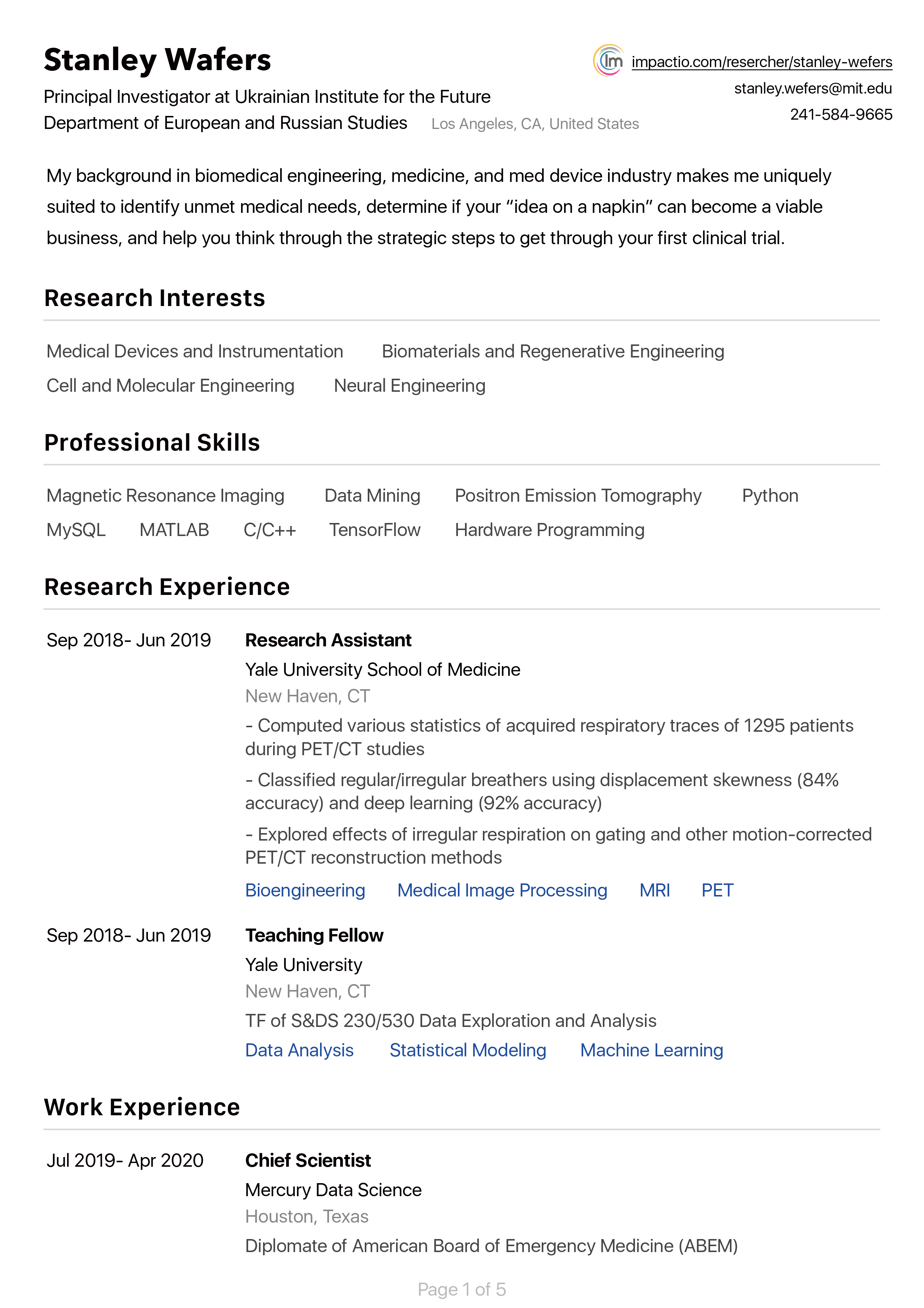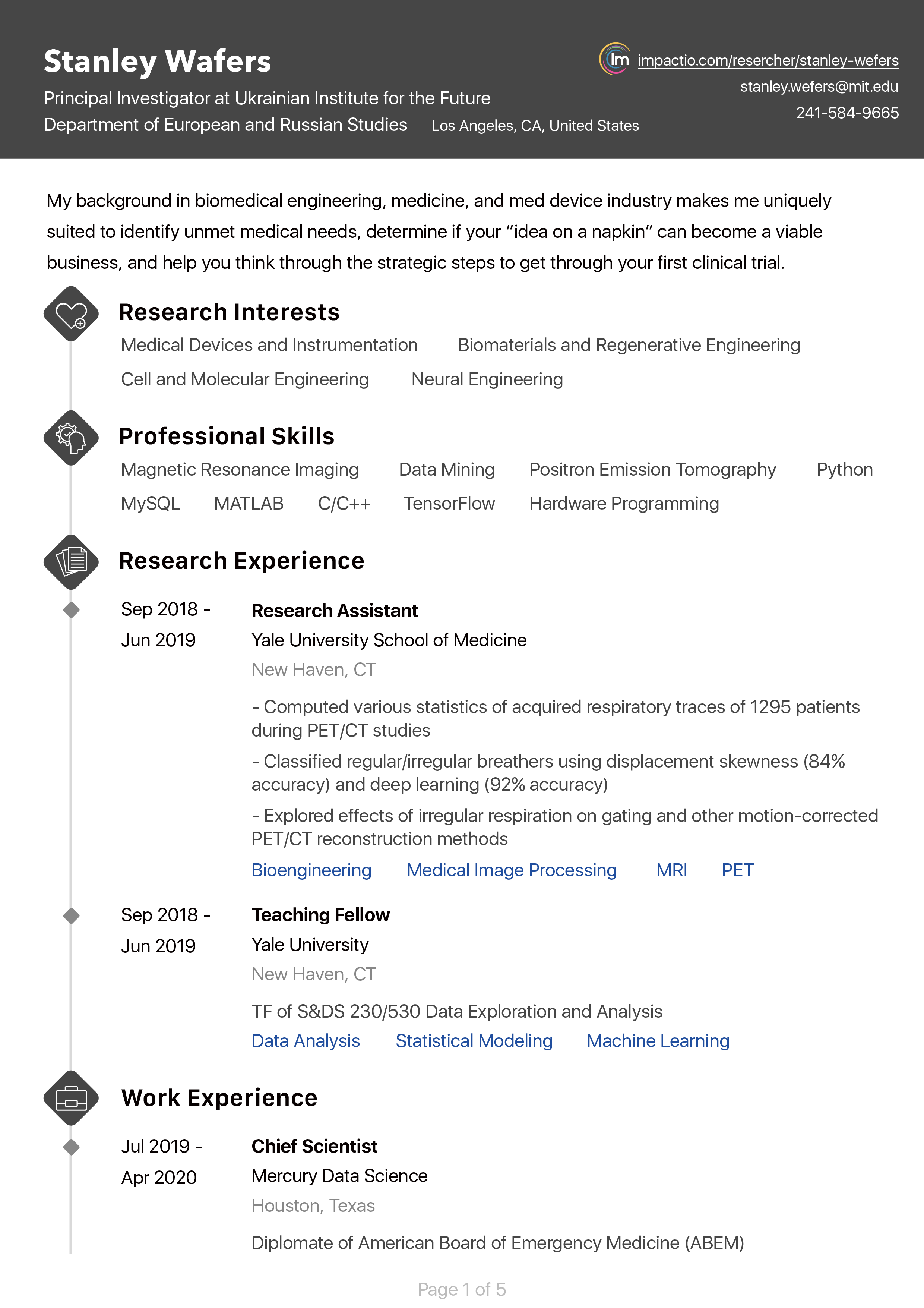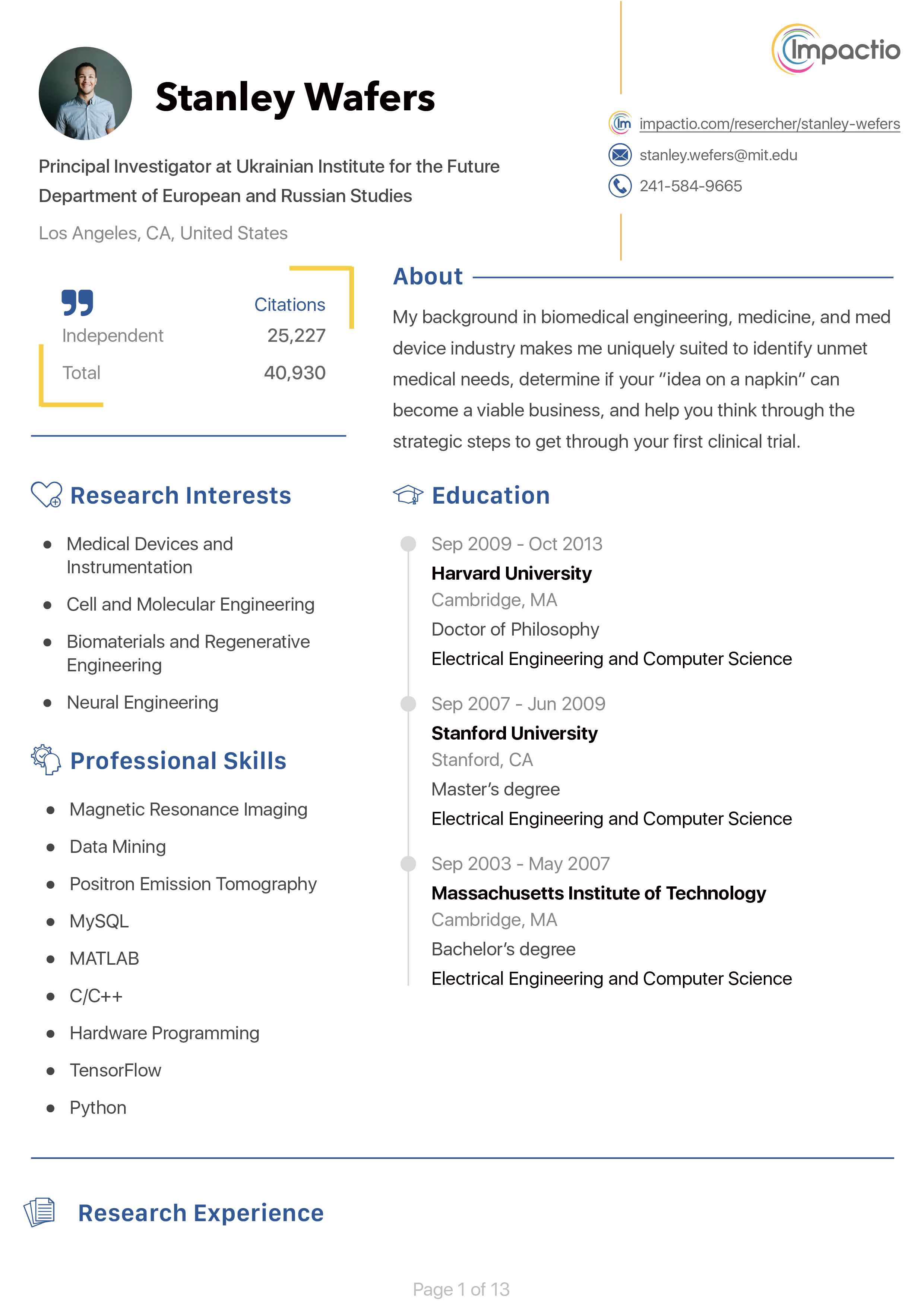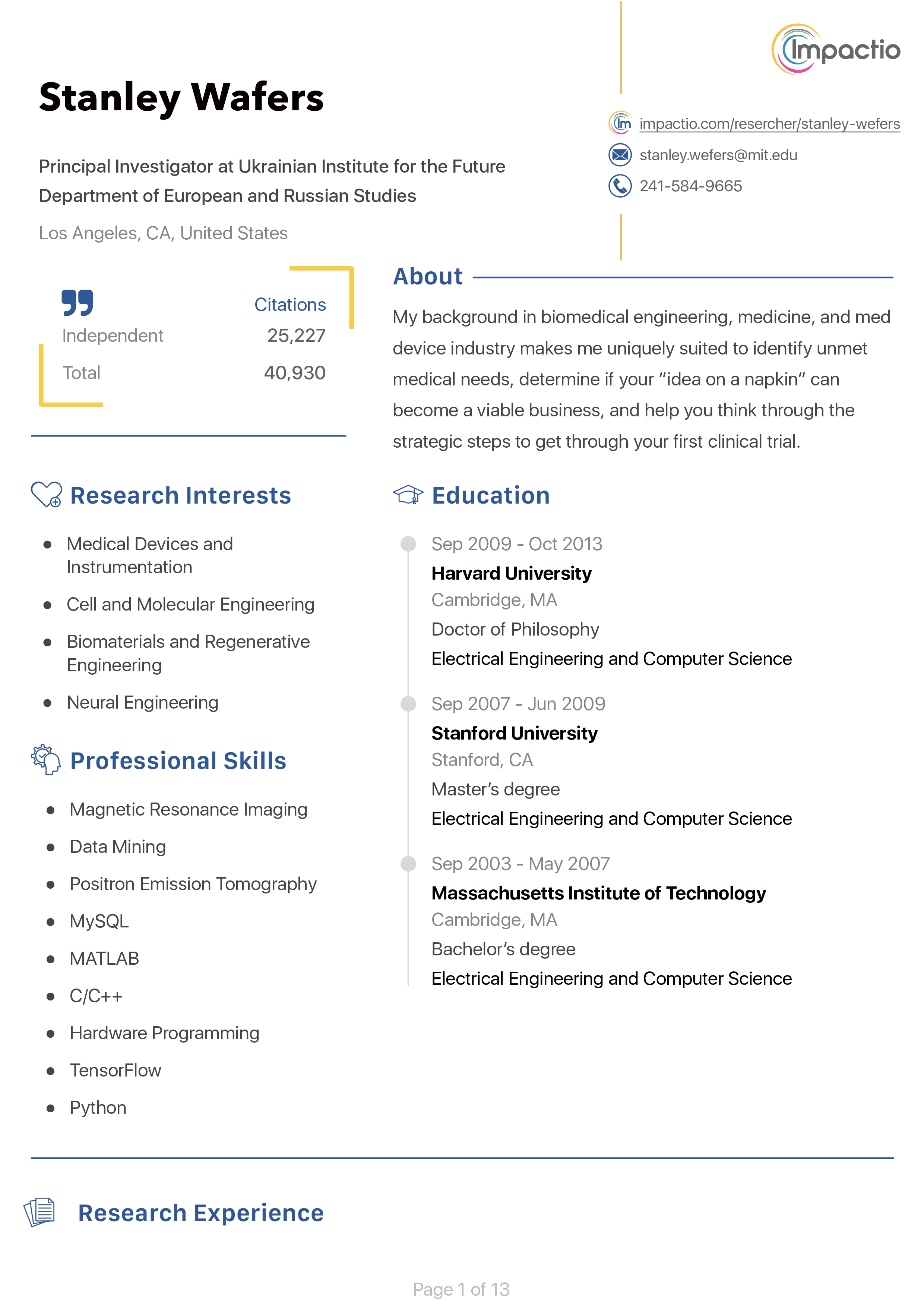I am at the School of Engineering and Sciences of Tecnológico de Monterrey. My research is currently focused on optimal operating sequences in electricity generation plants, ensemble methods for electricy load forecasting, reuse of mathematical models, ontology engineering, case-based reasoning, and agent-based optimization.


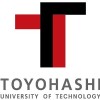






https://youtu.be/YrW6rFIKjDw
https://youtu.be/_b6Ywjj2oQ4
Membership is awarded by the Federal Government through CONACYT to scientists, humanists or technologists who have stood out for the quality of their research, as well as for their contribution to the strengthening of research in Mexico. For Level 2, the researcher must show evidence of graduate theses supervision and teaching. Their research must be recognized as that of a leader in their discipline.

